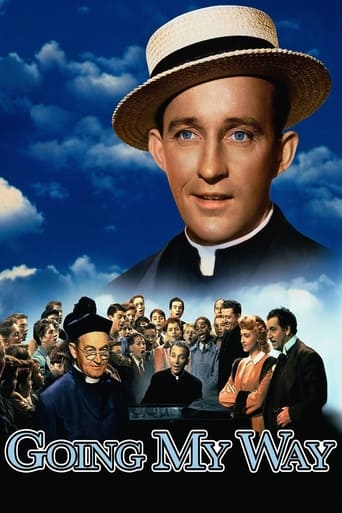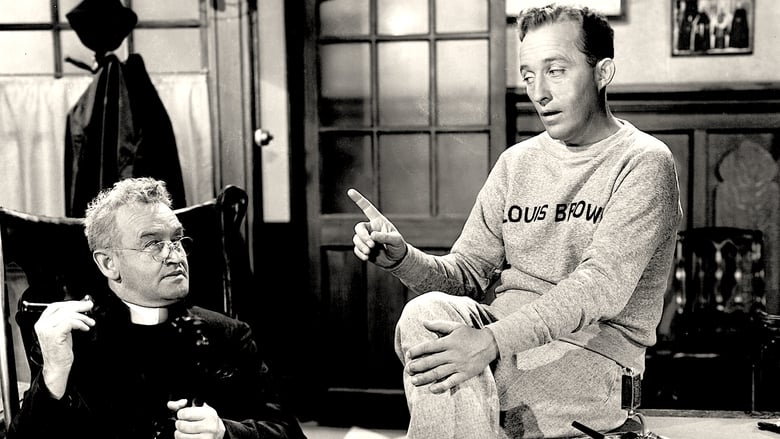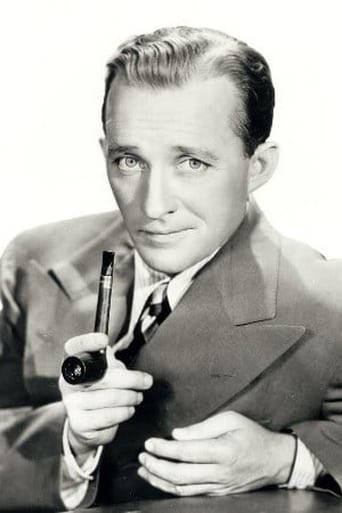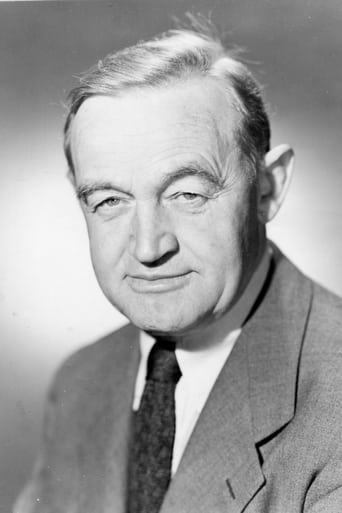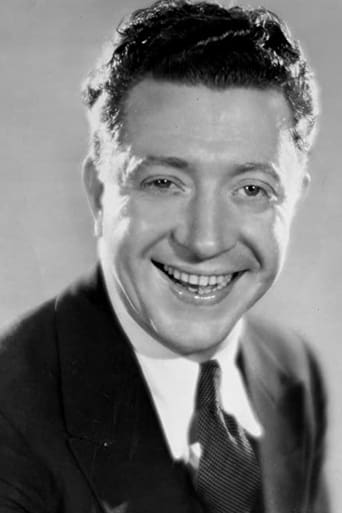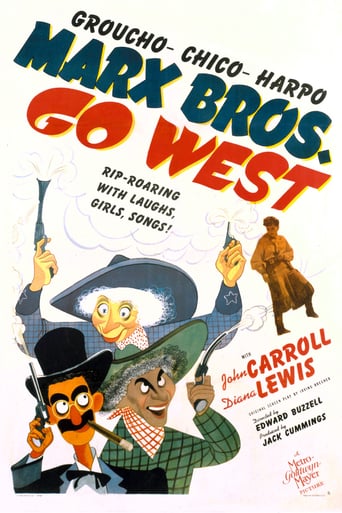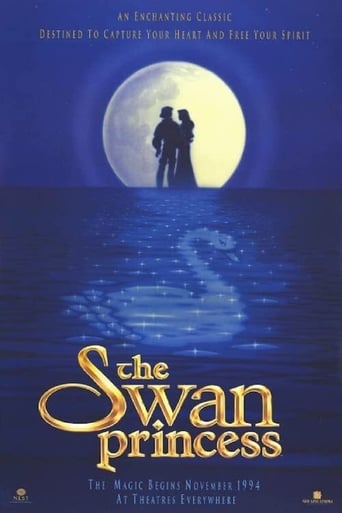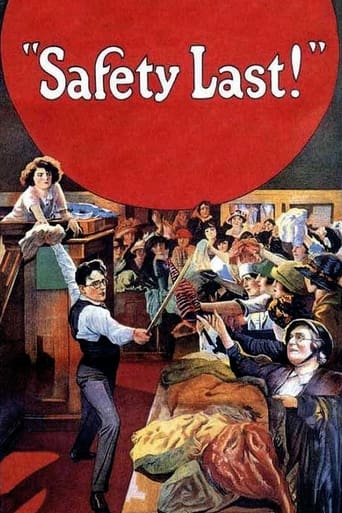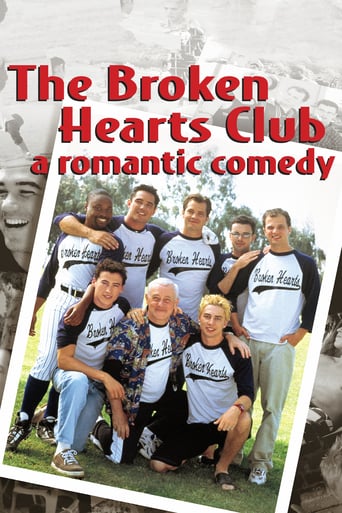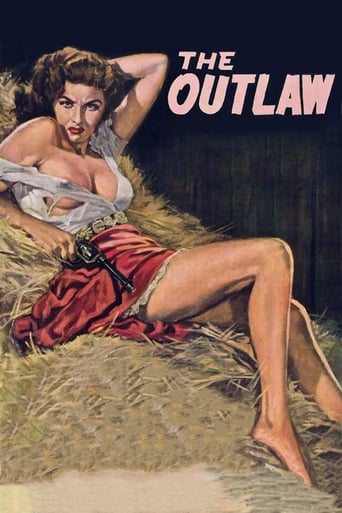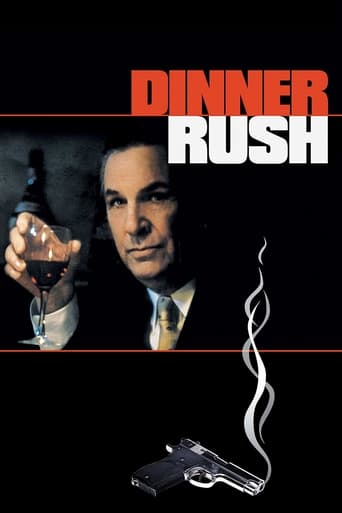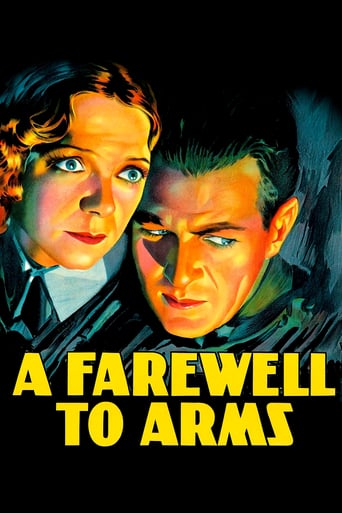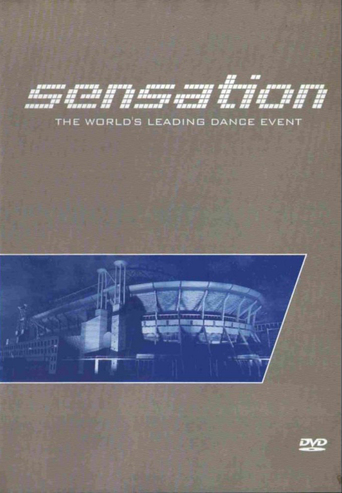Going My Way (1944)
Youthful Father Chuck O'Malley led a colorful life of sports, song, and romance before joining the Roman Catholic clergy. After being appointed to a run-down New York parish, O'Malley's worldly knowledge helps him connect with a gang of boys looking for direction, eventually winning over the aging, conventional Parish priest.
Watch Trailer
Cast


Similar titles
Reviews
It is galling that this vintage Oscar BEST PICTURE winner (7 wins, including BEST DIRECTOR, BEST LEADING and SUPPORTING ACTORs) might be best remembered for the sole happenstance in the Oscar history when Barry Fitzgerald was nominated in both LEADING ACTOR and SUPPORTING ACTOR categories for the same performance (which he won the latter), although the Academy speedily changed the rules to stave off any future embarrassment, nevertheless, it belies the perpetually ongoing category placement controversy which has been widespread until today.Directed by the prominent comedy maestro Leo McCarey, and green-lit as a Bing Crosby showcase, GOING MY WAY tells the story of a young and forthcoming priest Father Charles O'Malley (Crosby), aka. Chuck, who is commissioned by the bishop to take over the parish in NYC from an elder pastor Father Fitzgibbon (Fitzgerald), who has presided over the church since day one, for almost 45 years, only now, the church has been in the mire of financial difficulties, and Father Charles is sent to straighten out the problem and make the transition as smooth as possible.So, a major plot device is that Father Fitzgibbon has no inkling of the function transference in the first place, Chuck is introduced simply as his assistant, so when the lid is blown off, a dramatic collision is what viewers would expect. However, against the hype, in McCarey's staunch execution, the revelation comes quite early in the storyline, and is rendered with utter aplomb and mutual understanding, as two mature clergymen, there is no need of making a scene, albeit their different approaches (the blasé traditional vs. unorthodox tug-of-war, only milder), they are fighting for the same honorable cause, it may sound like church propaganda on paper, yet in the film, the cordial atmosphere and contagious compassion is superbly tangible.There are no villain or whatsoever in the story, the parishioners, from a juvenile street gang lead by Tony (Clements) to a young maiden Carol (Heather), who has run away from home and resolves to find her footing in one way or another, music is wielded as the ultimate gospel, Chuck forms a boy choir and hones up their skills, eventually it will pay back lucratively to save the church from its dire situation. The romance between Carol and Ted Haines Jr. (Brown), the son of the church's mortgage-holder, Ted Haines Sr. (Lockhart), has also keenly and timely goaded through Chuck's music, the titular tune GOING MY WAY, into marriage instead of living in a sinful status. And a completely platonic friendship between Chuck and his old-time girlfriend Jenny (the mezzo- soprano Risë Stevens), never risks betraying any carnal attachment and Jenny's one-sided munificence can be only justified by her hail-fellow-well-met good nature.For my money, Fitzgerald and Crosby are the two co-leads here, and the former doesn't has recourse to singing bent to win over audience, on the contrary, Fitzgerald's performance is decidedly more evocative of sympathy, laughter and esteem than Crosby's pristine, but comparatively stale apotheosis of a stand-up guy who is aggravatingly flawless and is tailor-made to elicit nonjudgmental bonhomie, but the truth is, Crosby is such a nonpareil crooner, that's where lies the abiding charm of the picture if its gently preachy modus operandi tends to be rather impertinent and spoon-feeding by today's yardstick.In sum, GONIG MY WAY is a beatific but regressively antiseptic tribute of Catholic church's noble vocation and suggests a more liberal viewpoint in its progress, as though it were the cure-all for all our mundane problems, indeed, the biggest accomplishment of the movie is that it makes us wish only if it were true!
Bing Crosby and Barry Fitzgerald both won well-deserved Oscars for this gem, as did the film for best picture and Leo McCarey for best director. Unfortunately, this great film has been forgotten by most of today's movie fans. It also won best song for "Would You Like to Swing on A Star?" The cast includes Rise Stevens, the GREATEST Carmen ever. One scene features Maestra Stevens singing "Habanera" staged at the Metropolitan Opera. Bing also sings "Ave Maria" and "Too Ra Loo Ra Loo Ra".The supporting cast also features Frank McHugh and Gene Lockhart, and Bowery Boy Stanley Clements and Little Rascal Carl "Alfalfa" Switzer Watch for this one on stations that feature old films. You'll love it.
When Leo McCarey won the Best Director award for The Awful Truth in 1937, he said they gave it to him for the wrong film, referring to the heart-wrenching Make Way For Tomorrow of the same year. I don't know what better film he made in 1944, but it must have been very good to earn Going My Way 7 Oscars. This is far from his best work, but admittedly there's little wrong with it, it's just inoffensive and harmless to a fault. It's damn near void of meaningful conflict outside of its opening and closing 10 minutes. It tries to start an argument about the old vs. the new and independence vs. guidance but neither idea is fully fleshed out besides briefly in a titular song. Instead it opts for toothless pleasantness, ideal to cater to soft hearts during the end of World War II. In that case, I guess it would have been decent company in a volatile world.But today, it's just far-fetched that a bunch of ragtag boys would suddenly reform into a church choir without much disagreement. That's more or less the bulk of the film so to have it so undeveloped leaves it unsatisfying. The film hinges on Bing Crosby's warmth and familiar songs and I can see how it can be intoxicating, but it can't exist on that plane alone. Barry Fitzgerald gets a lot of credit for the film's enduring success - and he's famous for being the only actor nominated twice for the same performance at the Oscars - but his mannerisms were more irritating than heartwarming. The film is handsomely shot for its time at least, but it didn't win an award for that department somehow. It's a shame it hasn't had the staying power of other Best Pictures that resonate like All Quiet on the Western Front and Casablanca, but it was the Academy's early days.6/10
First of all, to watch this movie and get anything out of it, one has to set aside the jadedness of 2012, and go back to the perhaps more innocent times of 1944. Yes, World War II was raging, but society was different, and this movie was a product of that society. It's a simple, rather hopeful movie, filled with basically decent characters who perhaps have to have their hearts and souls stirred to connect with that decency. It's up to Father O'Malley (Bing Crosby) to find that innate decency in all of them and to bring it out.Essentially the movie revolves around the sometimes tense relationship between O'Malley and Father Fitzgibbon (Barry Fitzgerald.) Fitzgibbon has been the parish priest of St. Dominic's for 45 years, and now things aren't going well. The church is in financial trouble and is in danger of defaulting on its mortgage. The bishop sends O'Malley in to take charge - but without upsetting Fitzgibbon by telling him that O'Malley is in charge - a rather delicate balancing act. Along the way, O'Malley deals with the church busybody, a gang of street boys, a wayward young woman and the holder of the mortgage, and he reconnects with some old friends along the way.There was maybe a little bit too much going on. I realize that in all of these interactions the theme of O'Malley helping the various characters turn their lives around and develop heart and soul is present - perhaps, though, we didn't need so many story lines to keep hammering the theme away at us. Yes, I know I argued that we have to let go of jadedness, but this does seem somewhat unbelievable. For example, I doubt that - even in 1944 (except in Hollywood) - it would have been so easy to turn a boys' street gang into a church choir! Having said that, it's a nice movie to watch.It's most famous I suppose for its 10 Oscar nominations (and 7 wins - including Best Picture.) I honestly don't see it as being that good. In fact, I enjoyed it less than its sort of sequel in 1947 - "The Bells of St. Mary's," in which Bing Crosby reprised the role of Father O'Malley. That movie, I thought, was more focused; this one seemed to wander a bit much. It's also noteworthy for 2 of its nominations in particular - Barry Fitzgerald was nominated for both Best Actor (which Crosby won) and Best Supporting Actor (which Fitzgerald took)! That had never happened before and it can never happen again, because the Academy changed the rules afterward to prevent an actor from being nominated for two awards for the same role, so it's a noteworthy bit of background to the movie.I thought the movie was surprisingly (and I'm sure unintentionally) honest in having music producer Max Dolan (played by William Frawley) reject O'Malley's song "Going My Way." As the title song of the movie, I really didn't think it was that good either! The tug at your heartstrings moment at the very end of the movie (which I won't give away) worked surprisingly well. It was emotional - and I didn't see it coming. I like being taken by surprise, so a point for that! If I thought that the movie itself was a bit overrated, I thought that Crosby and Fitzgerald were both quite good in their respective roles. It's a little bit too long (probably because it does seem to lose its essential focus by trying to follow too many of O'Malley's relationships) but it's a pleasant, enjoyable film. (6/10)

